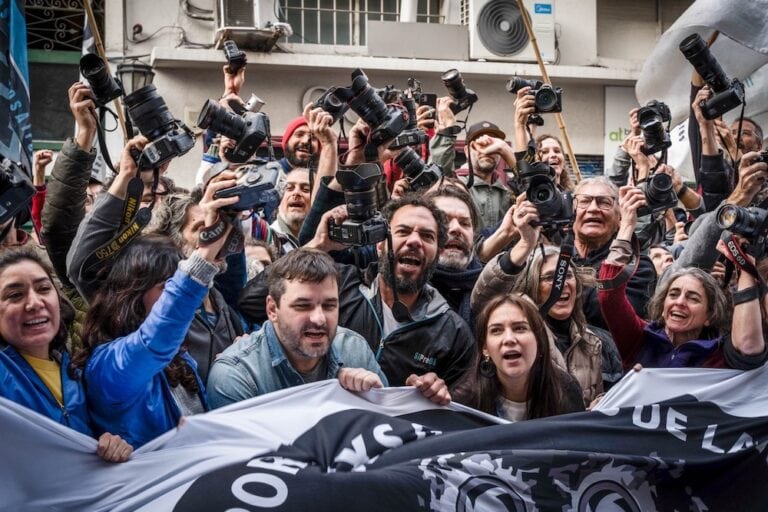(FOPEA /IFEX) – The following is a 22 March 2007 statement from FOPEA, an interim member of IFEX: Controversial distribution of official advertising in Misiones province. On 15 March 2007 FOPEA released a letter that had been sent in January to the Mayor of Oberá, a city in Misiones province approximately 1000 kilometres northeast of […]
(FOPEA /IFEX) – The following is a 22 March 2007 statement from FOPEA, an interim member of IFEX:
Controversial distribution of official advertising in Misiones province.
On 15 March 2007 FOPEA released a letter that had been sent in January to the Mayor of Oberá, a city in Misiones province approximately 1000 kilometres northeast of Buenos Aires. The letter was released after an exchange of information and correspondence with city officials on the use of public funds for government advertising. FOPEA’s report was based on claims made by journalists in Oberá who have asserted that contracts have been given to those media outlets with editorial positions favourable to the current administration and withheld from those with more critical perspectives.
During 2006 FOPEA interviewed journalists and representatives of FM Centro, a radio station in Oberá, about the conflicts between the city government and the radio station. In January 2007 the news programme “Mejor hablar de ciertas cosas”, hosted by Mariel Duarte Burgos, Walter Anestiades and Jose Tarditti, was cancelled. The radio station’s executives said that the cancellation of the programme was due exclusively to commercial and contractual considerations, whereas the journalists claimed that it was due to political pressure applied via the discretionary distribution of government advertising contracts.
Hoping to get to the bottom of the issue, which in recent years has been at the centre of the relations between press and government authorities the length and breadth of Argentina, FOPEA asked the city of Oberá to release a report on the allocation of its advertising contracts amongst the city’s media outlets. FOPEA asserted that these funds “are public in nature, which is to say, they are funds from all the citizens of Oberá, and the release of this information would help to clarify if they are being allocated in a way that is harmful to the free exercise of journalism in the city.”
Weeks later, FOPEA received a list of those media outlets that receive official advertising contracts and those that do not. Additionally, FOPEA received information regarding each media outlets’ city tax and public services payments, as these are a precondition for qualifying for public advertising contracts.
Nevertheless, the city never reported the amount of money that it has paid to each media outlet, information required to analyse the criteria used in the distribution of advertising contracts and to detect if any particular media outlet enjoys favouritism.
FOPEA said in a press release that it believes that the failure to release this information “damages the transparency that public institutions owe the citizenry in all democratic systems and obstructs the attempt to clarify the situation of the press in the city. Two months into this inquiry, Oberá has one less news programme and the criteria for the distribution of public funds remains hidden behind a curtain drawn shut by the municipal government.”


